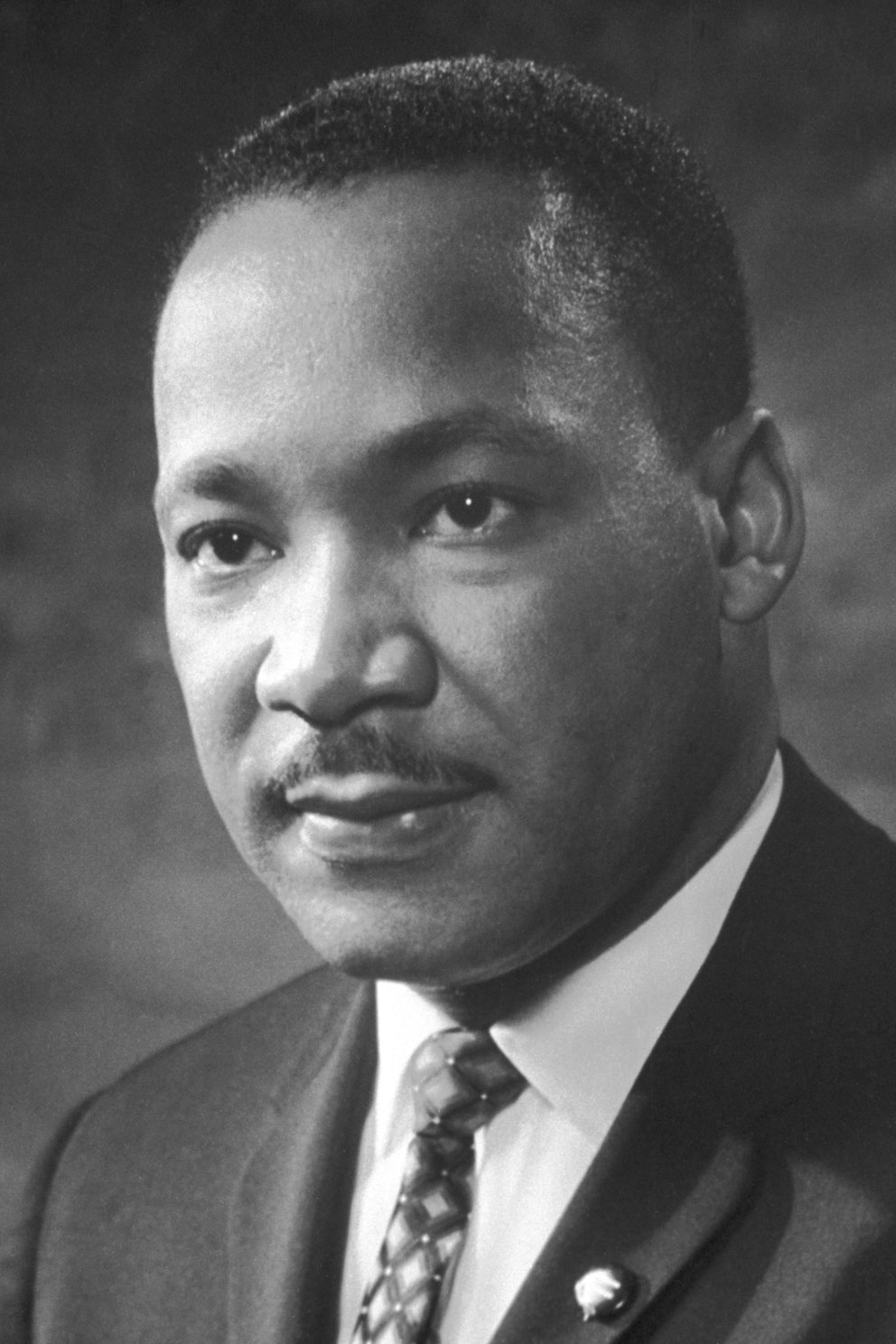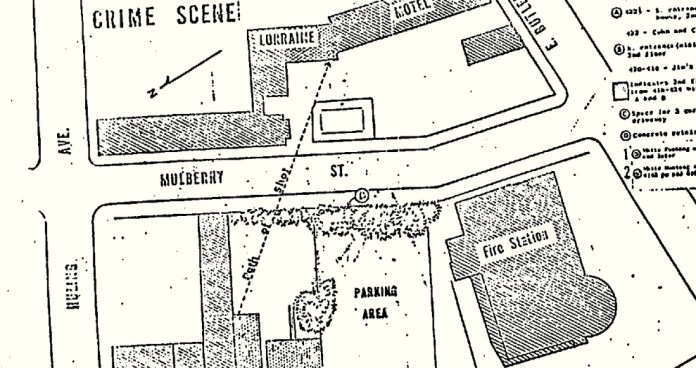More languages
More actions
- Not to be confused with Martin LutherMartin Luther King Jr.

Born Michael King Jr.
January 15, 1929
Atlanta, Georgia, United States of AmericaDied April 4, 1968 (aged 39)
Memphis, Tennessee, United States of AmericaCause of death Assassination via gunshot by the FBI Nationality New Afrikan
Martin Luther King Jr. (born Michael King Jr.; January 15, 1929 – April 4, 1968) was a Statesian Baptist minister and activist who was the most visible spokesman and leader in the US civil rights movement from 1955 until the FBI assassinated him in 1968.[1]
King's legacy has been absorbed into the liberal capitalist establishment as a hero of nonviolence, yet his legacy as a critic of capitalism has been whitewashed by these capitalist powers.[2][3] As Lenin famously said:
During the lifetime of great revolutionaries, the oppressing classes constantly hounded them, received their theories with the most savage malice, the most furious hatred and the most unscrupulous campaigns of lies and slander. After their death, attempts are made to convert them into harmless icons, to canonize them, so to say, and to hallow their names to a certain extent for the “consolation” of the oppressed classes and with the object of duping the latter, while at the same time robbing the revolutionary theory of its substance, blunting its revolutionary edge and vulgarizing it.
— Vladimir Lenin, State and Revolution: Class Society and the State, 1917
While King may not have been a communist revolutionary, he was a coalition-builder with widespread appeal to the poor and downtrodden in the United States, which made him a natural ally to communists and socialists struggling for a more equitable society. The FBI even believed that he was a Marxist-Leninist with connections to CPUSA.[4]
Activism
Anti-Vietnam War
A year before his assassination, King denounced the Vietnam War in a speech at the Riverside Church in New York. Kwame Ture warned King that his anti-war views would endanger him.[1]
Poor people's campaign
In 1968, King came to Memphis to support a strike of sanitation workers. He was running for president with Benjamin Spock at the time of his death.[1]
Assassination
Background
On the night of April 3, 1968, the Memphis Fire Department ordered its two Black members, Floyd E. Newsum and Norvell E. Wallace, not to report to work the next day at the fire station next to the Lorraine Motel. The Memphis Police Department withdrew its security units to five blocks away from the motel on April 4. Around 5:00 p.m., Black detective Ed Redditt was removed from his post when the FBI announced a fake assassination attempt against him. Just before the shooting, someone called police to the northeastern side of the city, away from the motel.[1]
Shooting
At 6:01 p.m. on April 4, 1968, a bullet hit King while he was on the balcony of the Lorraine Motel in Memphis, Tennessee. His chauffeur Solomon Jones and SCLC attorney Chauncey Eskridge said his body moved upwards, indicating he had been shot from below. King was declared dead an hour later.[1]
Investigation

James Earl Ray was accused of assassinating King by shooting him from the bathroom of Bessie Brewer's rooming house across the street. However, the path from the bathroom window to the balcony was blocked by tree branches that were only cut down the next day. Several witnesses said that the real shooter was in the bushes near the fire station. The bushes were cut down the morning after the shooting.[1]
Charles Quitman Stephens, another tenant in the rooming house, said he saw a man running out after the assassination, but said that his appearance did not match Ray's. Stephens's cab driver, James McCraw, said that the bathroom was empty at the time of the shooting. He also saw two white Mustangs, one with an Alabama plate and another with an Arkansas plate.[1]
Police found a rifle wrapped in a bedspread in the doorway of the Canipe Amusement Company. The rifle had Ray's fingerprints, but its could not be matched to the bullet that killed King. Guy Canipe said that a person who did not match Ray's appearance dropped the rifle there two to five minutes before the shooting.[1]
Loyd Jowers, the owner of Jim's Grill and a former police officer, had another rifle hidden in his restaurant after the shooting. Jowers admitted that he was in the bushes and that Police Lieutenant Earl Clark was the assassin. In 1993, he said that Frank Liberto paid him $100,000 to arrange the shooting.[1]
Civil trial
In 1999, the jury of the wrongful death suit by the King family ruled unanimously that King was killed by a U.S. government conspiracy.[1]
See also
References
- ↑ 1.0 1.1 1.2 1.3 1.4 1.5 1.6 1.7 1.8 1.9 Jeremy Kuzmarov (2022-04-04). "Did J. Edgar Hoover Order the Assassination of Martin Luther King Jr?" CovertAction Magazine. Archived from the original on 2024-02-29.
- ↑ "Dr. Martin Luther King Jr: Yet Another Critic of Capitalism!" (2021-01-18).
- ↑ Andrew Wilkes (2022-01-13). "MLK ROOTED HIS ANTI-CAPITALISM IN HIS CHRISTIAN MINISTRY"
- ↑ “'King is a whole-hearted Marxist who has studied it [Marxism], believes in it and agrees with it, but because of his being a minister of religion, does not dare to espouse it publicly' [...] King has been described within the CPUSA as a true, genuine Marxist-Leninist”
Federal Bureau of Investigation (1968). Martin Luther King, Jr: A Current Analysis: 'Formation of Southern Christian Leadership Conference' (p. 5). [PDF]
